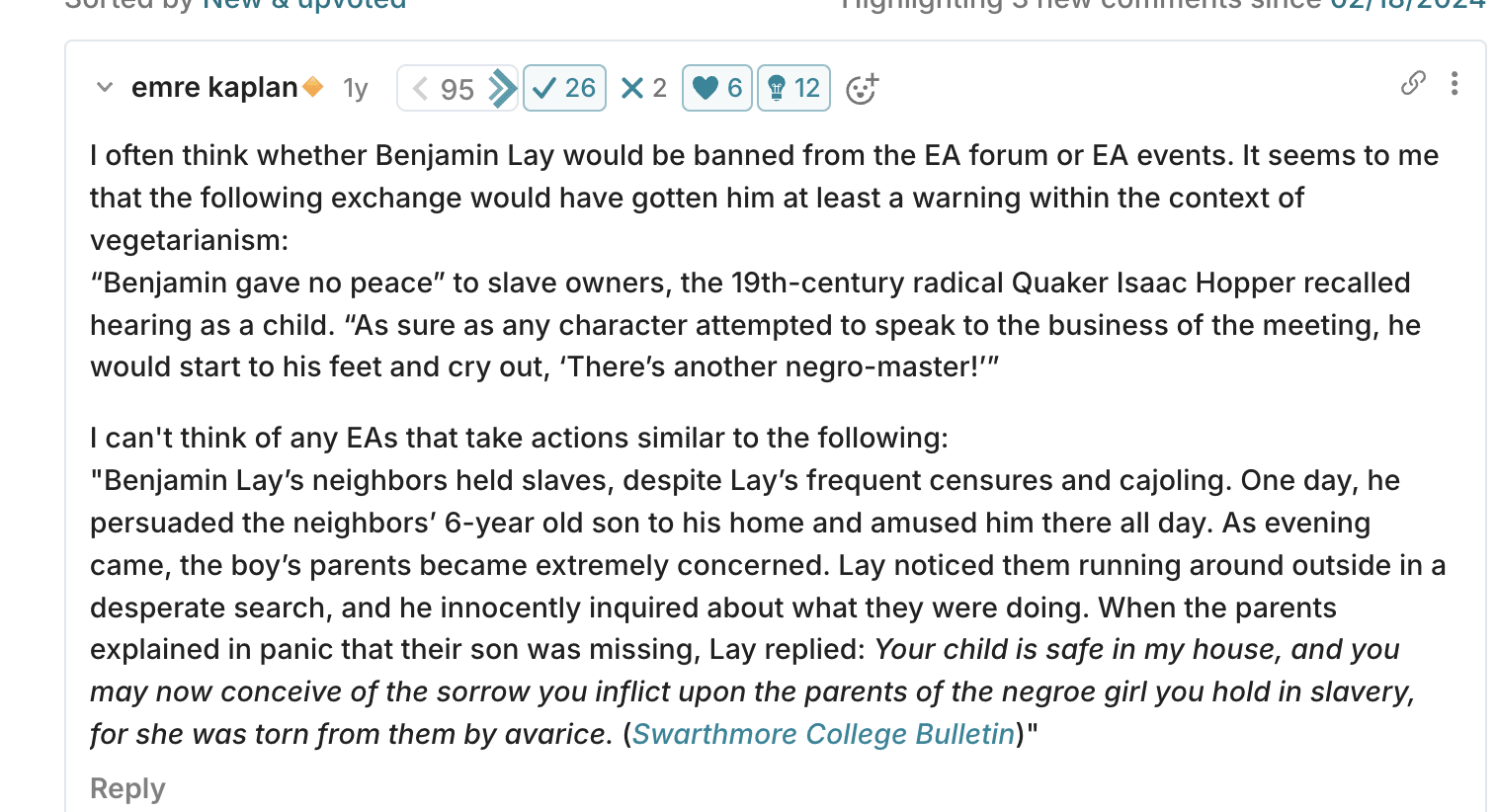There is a wealth of data showing that alcohol consumption has negative health impacts and is correlated with shorter lifespan. Contemporary Prohibition arguments also mentioned the positive social aspects of banning alcohol (often in early feminist terms, such as arguing that a woman with a sober husband is less likely to become homeless or to suffer domestic abuse).
On the other hand, there was a clear conflict between individual freedom and Prohibition. And Prohibition encouraged a freewheeling black market and organized crime.
Prohibition is (IME) taught in US schools as a failed policy brought on by moralizing, pearl-clutching types. But there have been studies showing that the rates of alcohol-related diseases declined during Prohibition and increased afterward (such as https://www.nature.com/articles/140020c0)
I thought this would be a fun weekend thought experiment.



Reminds me of something similar Kelsey Piper wrote:
"Would an effective altruist movement in the 1840s U.S. have been abolitionist?"
"Next, imagine someone walked into that 1840s EA group and said, ‘I think black people are exactly as valuable as white people and it should be illegal to discriminate against them at all,” or someone walked into the 1920s EA group and said, “I think gay rights are really important.” I want us to be a community that wouldn’t have kicked them out."
I think EA would have been a place in the 19th century that would have tolerated if not agreed with abolitionist views. My fear is that EAs' position to someone like Benjamin Lay would be his work as futile effort on an intractable problem and instead focus on improving welfare of slaves on plantations through some type of scheme. And this is my concern of EAs today, that the community leaves impact on the table by not pursuing systems change (e.g. political system reform) because it seems to have low tractability.